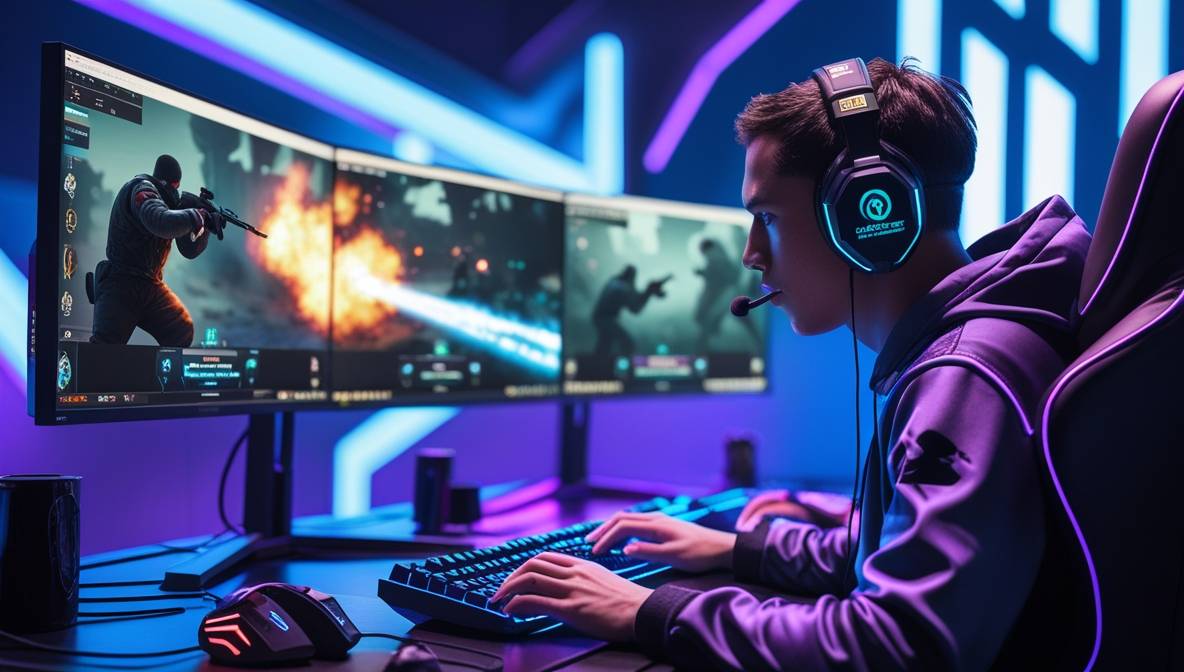The journey to becoming a professional gamer demands more than raw talent. With VipGame24 as your guide, discover actionable strategies to navigate the competitive esports landscape, optimize your setup, and build a sustainable career.
Professional Gaming: A Global Phenomenon
The esports industry has exploded into a $1.7 billion market, with tournaments like The International (Dota 2) and League of Legends World Championship offering multi-million-dollar prize pools. Platforms like Twitch and YouTube Gaming have transformed gaming into a spectator sport, drawing audiences larger than the Super Bowl.
Key Genres Dominating Esports
- MOBA: League of Legends, Dota 2
- FPS: Counter-Strike 2, Valorant
- Battle Royale: Fortnite, Apex Legends
- Sports Simulations: FIFA, NBA 2K
Historical milestones, like the 1972 Intergalactic Spacewar Olympics at Stanford, laid the groundwork for today’s structured leagues. Modern organizations like FaZe Clan and G2 Esports operate with NFL-level professionalism, employing coaches, analysts, and nutritionists.
Choosing Your Game: Strategy Meets Passion
Your game selection impacts career viability. Consider these factors:
Player Base & Competition
| Game | Active Players (Monthly) | Major Tournaments |
|---|---|---|
| League of Legends | 150 million | Worlds, MSI |
| CS2 | 34 million | IEM, ESL Pro League |
| Fortnite | 230 million | FNCS, DreamHack |
Prioritize games with thriving ecosystems. For example, Rocket League offers accessible entry points, while StarCraft II demands strategic depth.
Action Step:
- Test multiple genres via free trials or platforms like Steam.
- Analyze leaderboards and watch pro player streams to gauge competition.
Gaming Gear: Build a Pro-Level Setup
A pro gamer’s arsenal blends performance and ergonomics.
Essential Equipment
- PC/Console: A rig with RTX 4070 Ti or PS5 ensures 144+ FPS.
- Peripherals:
- Keyboard: Corsair K100 (optical-mechanical switches)
- Mouse: Logitech G Pro X Superlight (25K DPI)
- Headset: SteelSeries Arctis Nova Pro (360° spatial audio)
- Streaming Tools: OBS Studio for Twitch/YouTube broadcasts.
Budget-Friendly Alternatives
- PC: AMD Ryzen 5 7600 + RX 6700 XT ($1,200 build)
- Monitor: ASUS TUF Gaming VG259QM (280Hz refresh rate)
For ergonomic setups, explore VipGame24’s gaming chair guide.
Skill Development: From Casual to Pro
Practice Routines
- Daily Drills: Aim for 6–8 hours of focused play.
- VOD Reviews: Analyze replays to identify mistakes.
- Coaching: Platforms like GamersRdy offer personalized feedback.
Mental Resilience
- Adopt a growth mindset: Treat losses as learning opportunities.
- Use apps like Headspace for stress management during high-stakes matches.
Team Dynamics: Collaboration Wins Championships
Building a team requires synergy and role clarity:
| Role | Responsibilities |
|---|---|
| IGL (In-Game Leader) | Strategy, shot-calling |
| Fragger | Secure eliminations |
| Support | Resource management |
Recruitment Tips:
- Network via Discord communities like r/Competitiveoverwatch.
- Host tryouts to assess communication and adaptability.
Tournament Play: Conquer the Stage
Tournament Types
- Local LANs: Low stakes, high learning potential.
- Majors: ESL One, ELEAGUE (250K–250K–3M prizes).
Preparation Checklist:
- Verify hardware/software compatibility.
- Study opponents’ playstyles via VipGame24’s esports analysis.
Brand Building: Monetize Your Influence
Content Creation Strategies
- Stream 4–5 times weekly on Twitch with consistent schedules.
- Post tutorials on YouTube Shorts/TikTok to attract sponsors.
Sponsorship Pitches:
Highlight metrics like average viewership (e.g., 1K+ concurrent viewers) and engagement rates (5–10%). Companies like Red Bull and Razer seek ambassadors who align with their branding.
Health & Wellness: Sustain Longevity
Pro Gamer Lifestyle Plan
| Aspect | Routine |
|---|---|
| Diet | High-protein meals, hydration |
| Exercise | 30-minute cardio daily |
| Sleep | 7–9 hours, fixed schedule |
Combat wrist strain with ergonomic accessories and stretching routines.

